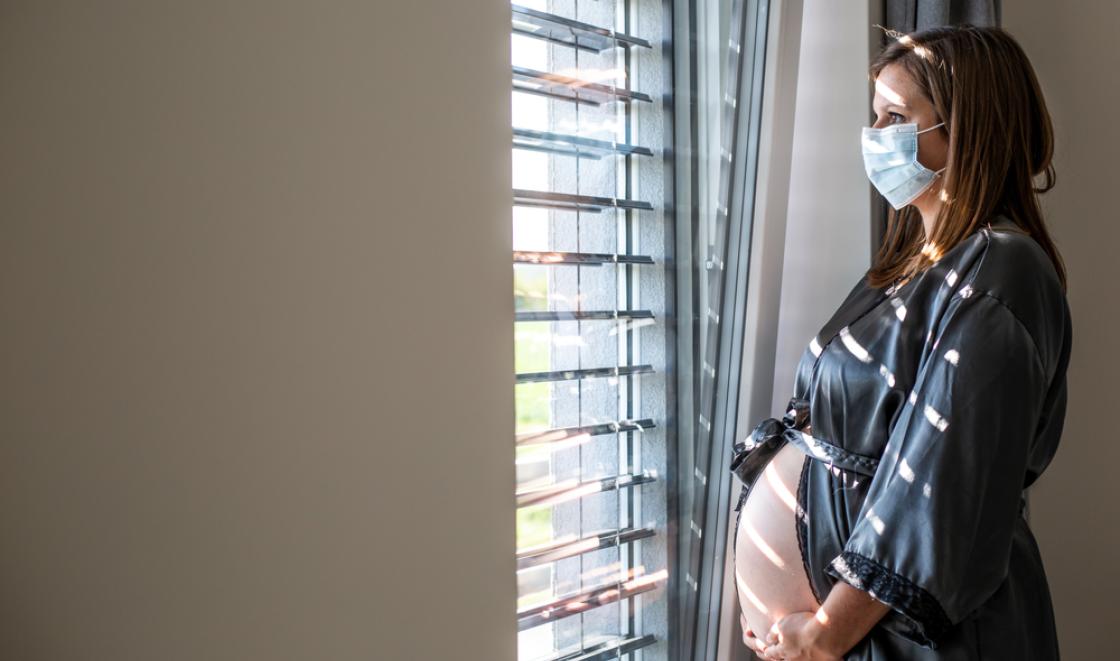Pregnancy and birth during the coronavirus pandemic
Giving birth during a pandemic is very stressful. This situation is also impacted by the advice for expectant parents and the maternity services available changing on a daily basis.
Giving birth during a pandemic is very stressful. This situation is also impacted by the advice for expectant parents and the maternity services available changing on a daily basis.
This project aims to capture in real time the impact of maternity care changes on the lived experiences of pregnant people and their partners during the pandemic.
The research team wanted to hear from all new or expectant parents, who had either had a baby since 9 March, or whose baby was due before 12 July in the UK. These dates were chosen because 9 March was when people in the last trimester of pregnancy were added to the list of 'vulnerable people'.

The research was carried out through online surveys. The survey asked open questions because they wanted to hear about the changes that were important to expectant parents, rather than assume that they knew which changes might have happened, and which had had an impact on parents. Researchers also wanted to find out about how changes outside of the services offered by the NHS might affect expectant parents. The survey was advertised through parenting forums, and through social media, including via Facebook, Twitter and Instagram.
In response to the pandemic different NHS Trusts in south London have changed their maternity services in different ways. Understanding the various impacts of these changes may help to plan services within the current pandemic, and in any future similar situation. The study could also provide a better understanding of the emotional welfare of expectant parents.
By using open questions, we found out a lot about how changes to things other than NHS services had interacted with service changes. For example, for those who did not drive, changes to the availability of taxi firms had a big impact on birth choices. The availability of childcare for older children was also affected, including childminders, schools and nurseries, or parents who might be shielding. Participants also talked about other perinatal support that they were accessing, or were no longer able to access, including doulas, private antenatal classes and breastfeeding support organisations. The research also found that parents in different locations had experienced very different changes to the NHS maternity services they received.
The study is led by Mari Greenfield, a postdoctoral researcher at King’s College London who is working with two maternity charities: AIMs and Birthrights.
Download the infographic 'Becoming a parent during lockdown'.
The COVID pregnancy project is funded via a Fellowship, granted by the Economic and Social Research Council (ESRC). It was adopted by ARC South London in May 2020.